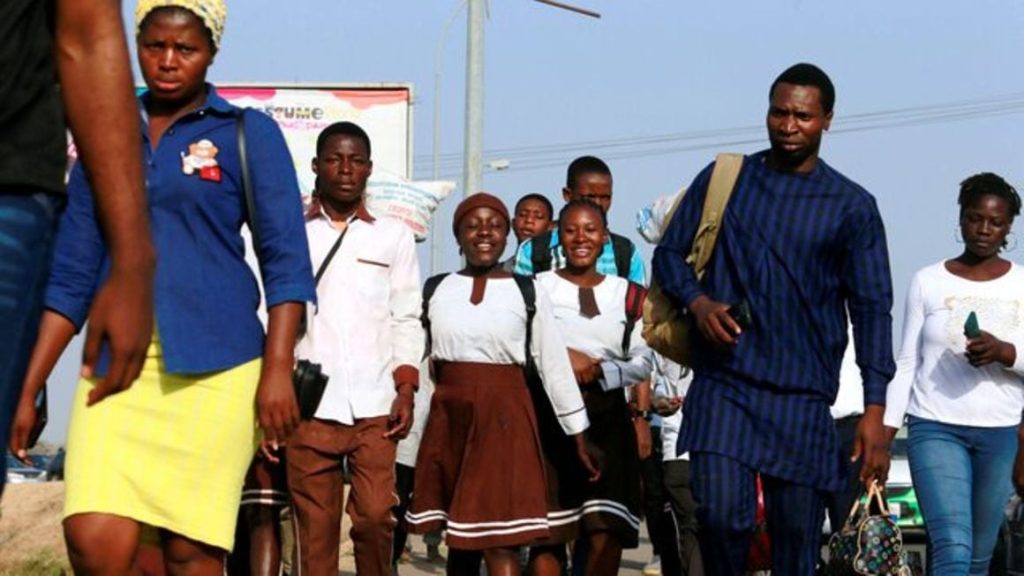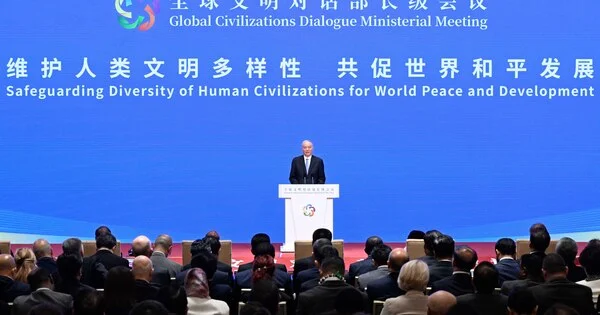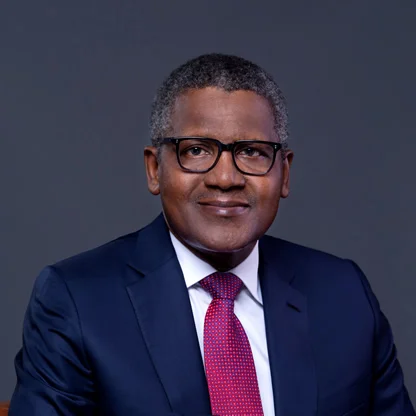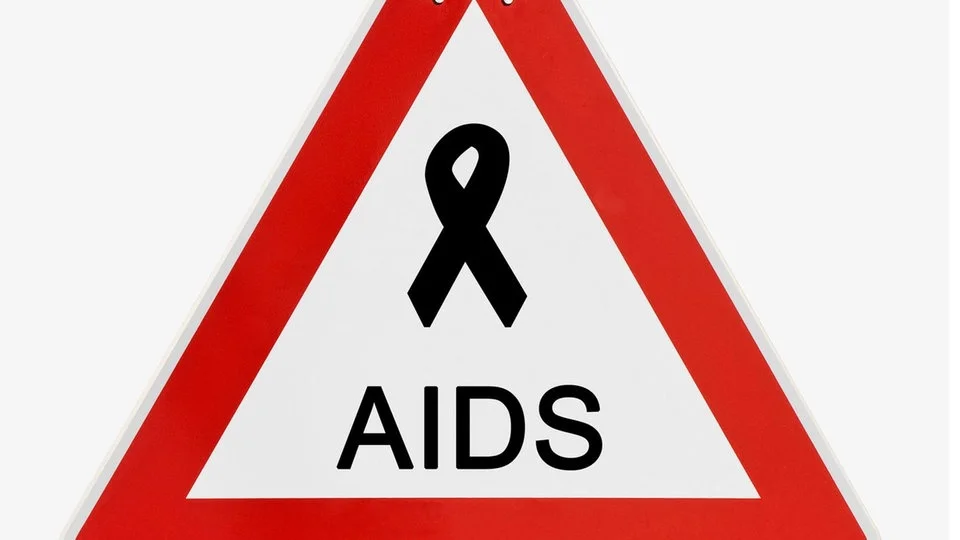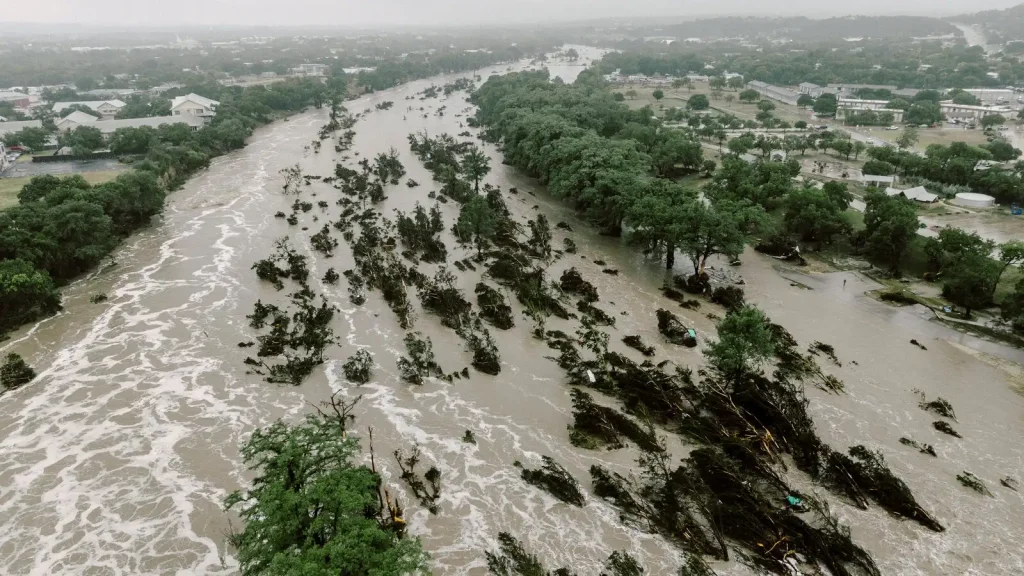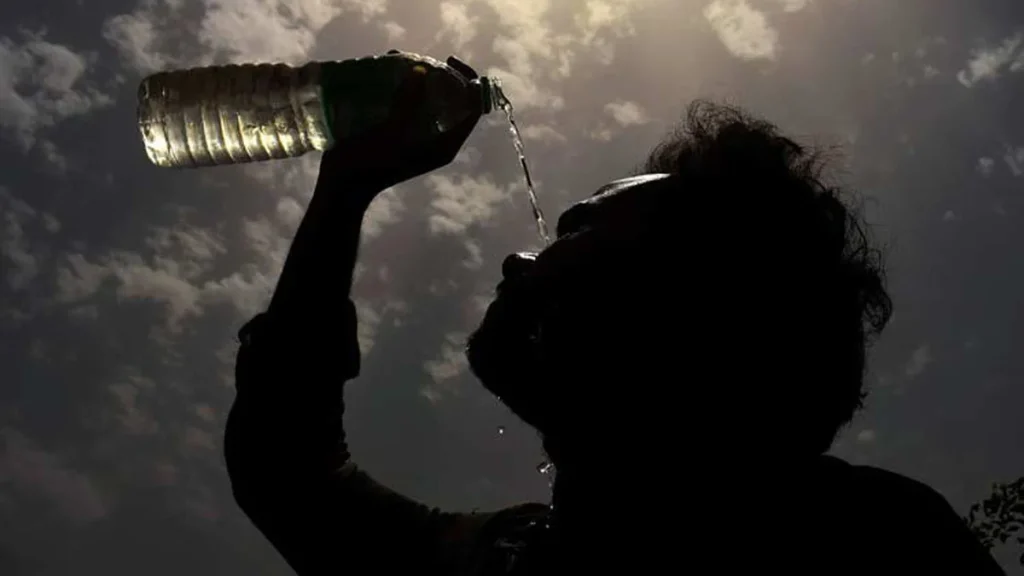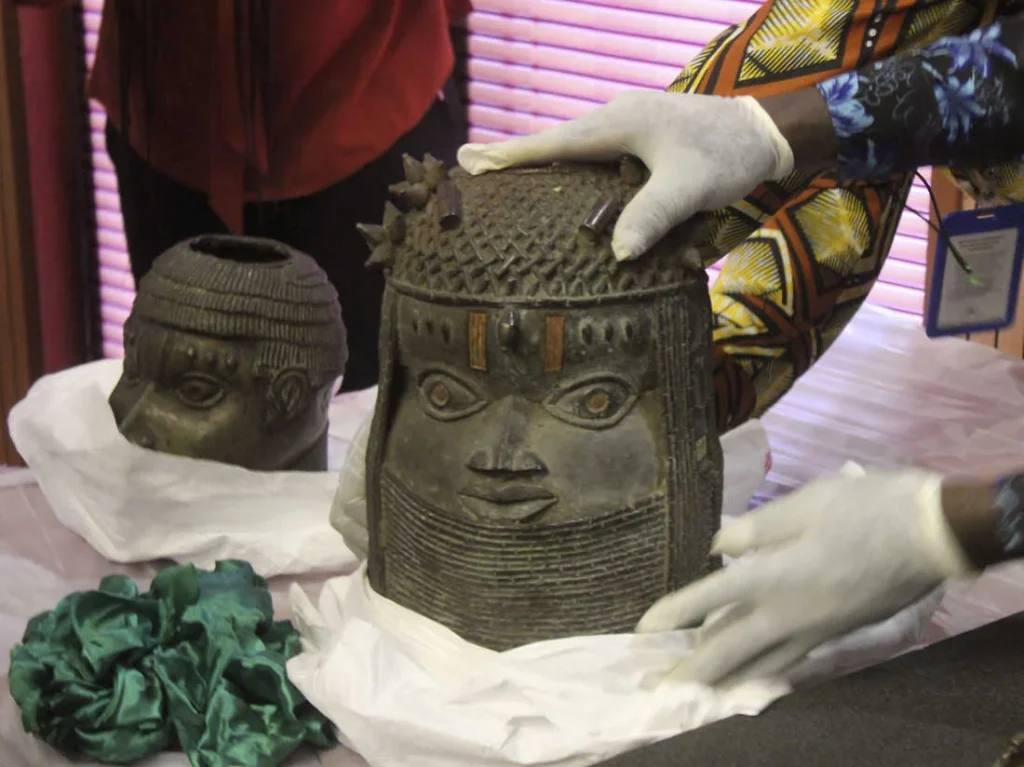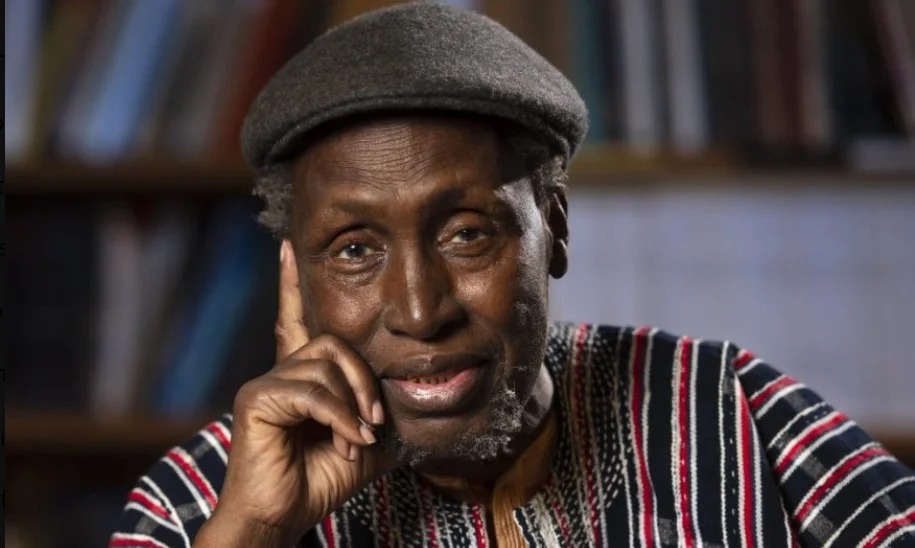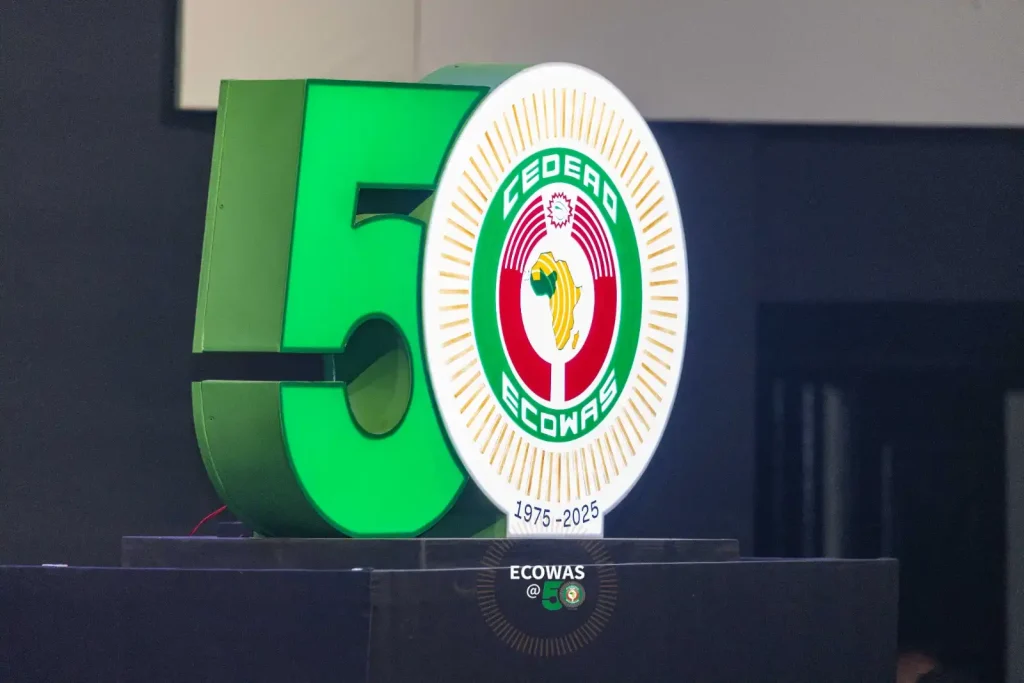In the face of impending nationwide protests against bad governance and a worsening cost of living, the Nigerian government has introduced a series of incentives aimed at discouraging participation in the demonstrations. These measures include job opportunities in the state-owned oil company and billions of naira in grants for the country’s youth.
Nigerian activists, inspired by youth-led protests that have rocked the governments of Kenya and Uganda, have been preparing to stage similar protests in Nigeria. The movement has gained momentum as citizens increasingly express frustration with rising inflation, economic hardship, and government policies under President Bola Tinubu.
One of the government’s latest attempts to address the unrest is the announcement of nationwide job vacancies by the Nigerian National Petroleum Corporation (NNPC) Ltd. This is the first time in nearly a decade that the state oil company has advertised job openings. On Friday, the NNPC posted the vacancies on the social media platform X (formerly Twitter), generating such a high volume of applications that the company’s website crashed. The job openings are seen as an effort to ease the frustrations of unemployed Nigerian youth, many of whom have been vocal about the economic struggles they face.
In addition to job offers, the Nigerian Ministry of Youth Development has relaunched the Nigerian Youth Investment Fund (NYIF). Initially introduced in 2020, the 110-billion-naira ($70 million) fund is designed to provide grants and support for young entrepreneurs to create job opportunities and stimulate the economy. While the program was promised to be revived earlier this year, little progress had been made until the official relaunch on Friday.
Furthermore, in a bid to reduce economic pressures, Nigerian lawmakers passed a new minimum wage law earlier this week. The legislation more than doubles the minimum wage, offering some relief to the country’s lowest-paid workers. However, many Nigerians still struggle with the high cost of living, which has been exacerbated by the removal of fuel subsidies and the devaluation of the naira, leading to inflation hitting a 28-year high of 34.2 percent.
Despite these government efforts, protests have been scheduled to begin on August 1. Nigerians are organizing online, preparing to take to the streets in cities across the country to demand better governance and economic relief. The protests are seen as a response to the ongoing cost-of-living crisis, as well as dissatisfaction with President Tinubu’s economic reforms.
In response to the planned demonstrations, government officials, religious leaders, traditional rulers, and other prominent figures have been actively discouraging young people from joining the protests. There are concerns that Nigeria could experience protests similar to those in Kenya, which resulted in significant economic disruption. Authorities have warned that such protests could cause chaos and destabilize the economy further.
The government has also sought additional time to implement solutions to the current economic hardships. Both the police and the army have issued warnings against participating in the protests, cautioning that the demonstrations could spiral out of control.
However, protest organizers insist they have the right to peacefully express their grievances. Many believe the government’s warnings about potential violence are merely an attempt to justify a future crackdown on protesters.
As the nation approaches the planned protest date, tension continues to rise, with Nigerians weighing their options between government assurances and the demand for immediate economic relief. Whether these newly introduced job opportunities and grants will be enough to prevent widespread demonstrations remains to be seen.


